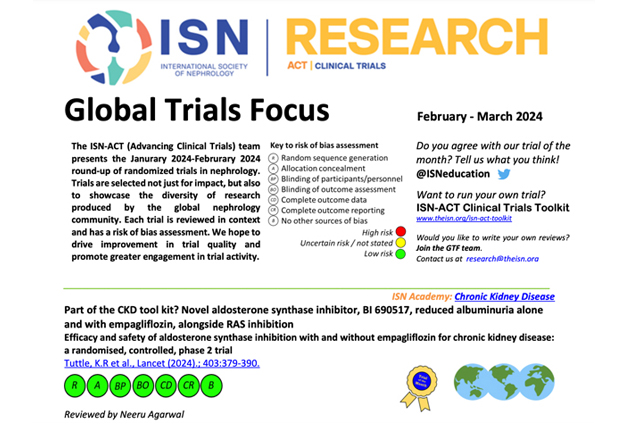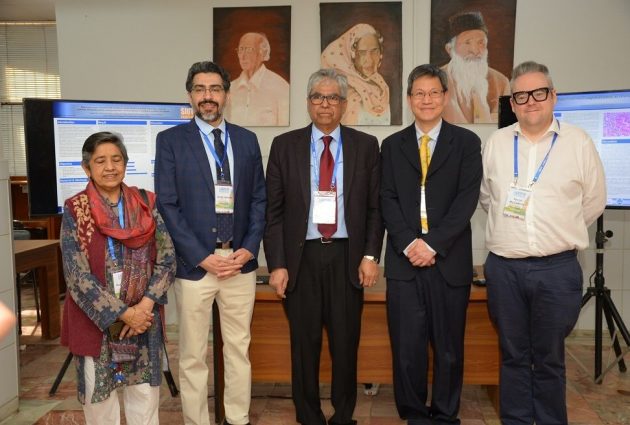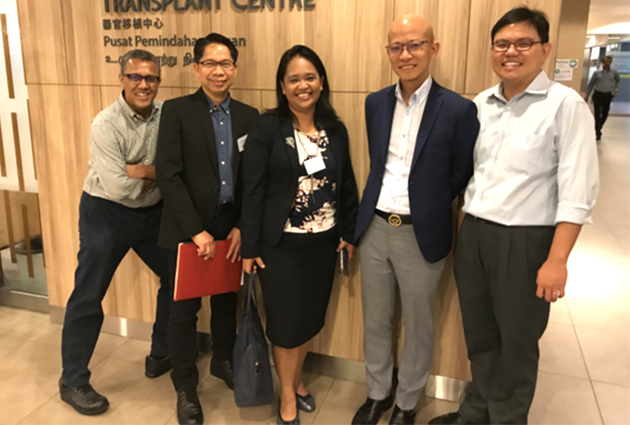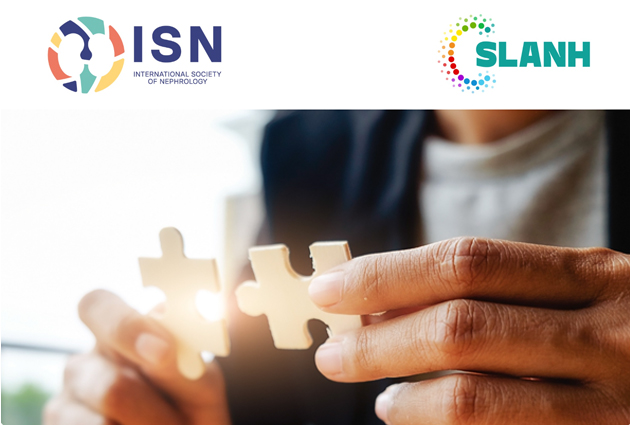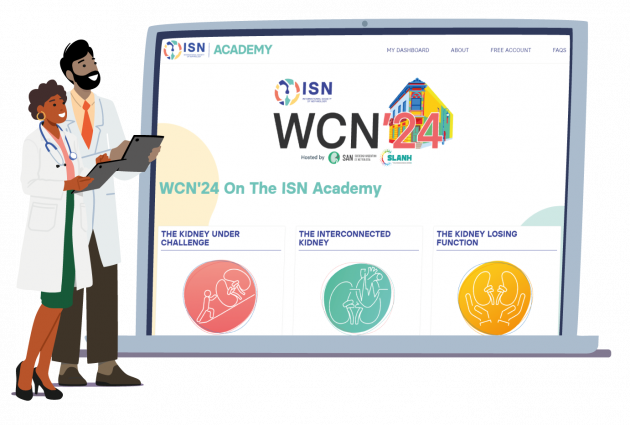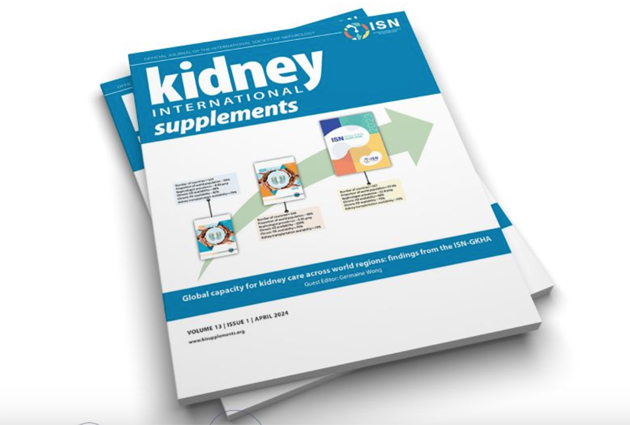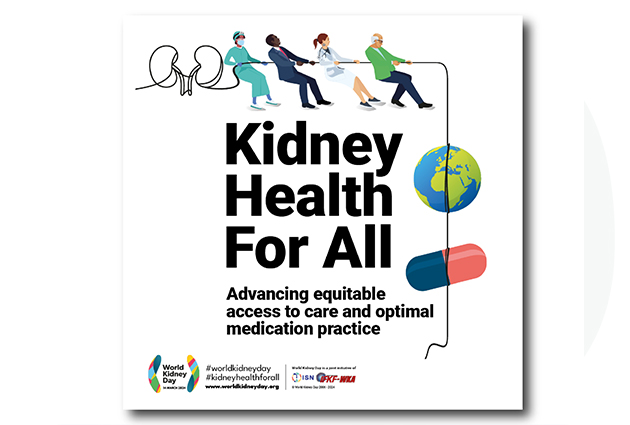ISN Hosts a New Series of First-hand Accounts from Nurses Around the World
Henriette Tyse Nygård reports on Anemia in Dialysis Patients in Zanzibar as the first in a series of Nurses’ blog posts in recognition of 2020 as the Year of the Nurse and the Midwife.

Anemia in dialysis patients in Zanzibar
Henriette Tyse Nygård
Dialysis nurse, Haukeland University Hospital, Norway; Dialysis nurse/teacher, MMH, Zanzibar; Student, Masters of Public Health, UIT, Norway; Member of the ISN Kidney Health Professionals Working Group
Anemia is a big challenge in the Mnazi Mmoja Hospital (MMH) in Zanzibar (a group of islands in Tanzania). Most of the anemic patients I saw during my 10 years working as a nurse was during my 2 years in Zanzibar. Getting blood for transfusion is very difficult due to lack of adequate supplies.
The dialysis unit in MMH opened in May 2017. Before this time, patients had to pay for private dialysis or move to the capital of Tanzania. The costs related to private dialysis or traveling to the capital made access to care very difficult for most people.
Dialysis in MMH is free: patients are offered dialysis twice a week. The kits used with the dialysis equipment include erythropoietin (EPO), but not iron sucrose. As a result, patients receive EPO at every treatment without iron sucrose. Iron sucrose is free if it is available in the hospital, but it is often out of stock.
The price for iron sucrose in a private pharmacy is around 6 USD. The cost of checking serum ferritin levels, which must be analyzed at a private laboratory, is around 30 USD and few patients can afford it. Some patients can afford to buy the iron they need, but many cannot. The standard prescribed dose of serum ferritin is 100 mg for 10 treatments for anemic dialysis patients who are started on iron sucrose.
It is hoped that iron sucrose will become available free of charge or at an affordable cost as administering EPO when serum ferritin is low is poor anemia management.
I also hope serum ferritin testing will be available in the laboratory in MMH soon. We know that giving too much iron is dangerous, but we also know that anemia can be fatal.
The staff in Zanzibar are positive, hard-working people that do their best for patients every day despite many challenges. I will forever be grateful for the time I have spent with this amazing crew.


